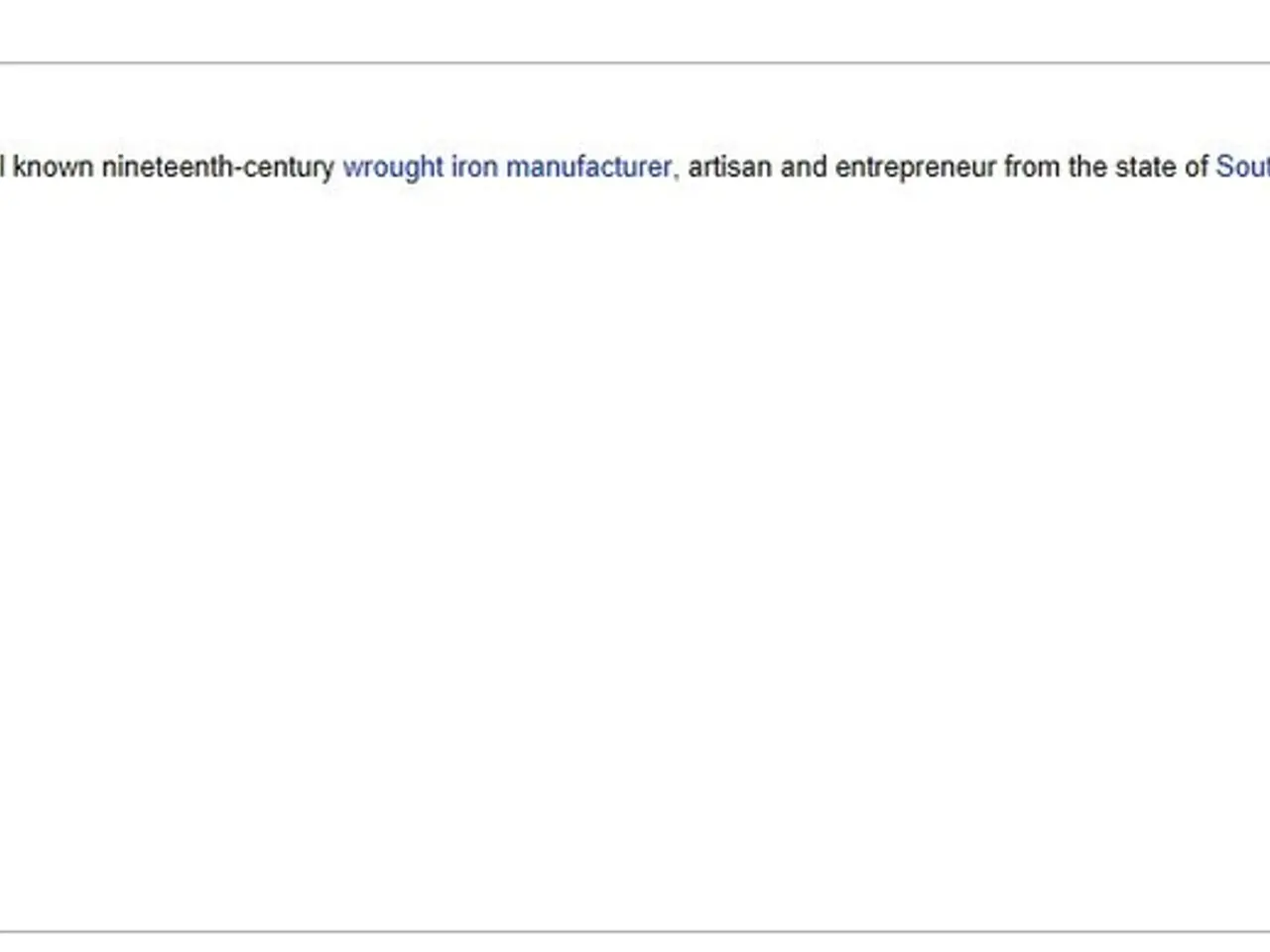Budget consultations encompass the draft budget plans for the years 2000 to 2006, including the Commission's deliberations.
In a significant shift from its historically strong support for Israel, Germany's federal government, led by Chancellor Friedrich Merz, has halted arms exports to Israel that could be used in Gaza. This decision comes in response to Israel's announcement of a military operation to occupy Gaza City in 2025.
Merz emphasized that Germany still supports Israel’s right to self-defense and the necessity of disarming Hamas. However, he stated that the government cannot provide arms for a conflict that risks large civilian casualties in Gaza. The suspension of arms exports is a responsible measure, differentiating support for Israel from unconditional approval of all its government's military decisions.
The decision has met with some criticism within Germany's governing coalition and political parties. Merz himself has faced pressure from within his own ranks but reiterated that Germany's core policy toward Israel remains unchanged—support for Israel exists but does not imply approval of all military strategies chosen by the Israeli government.
Israel's military operation in the Gaza Strip is expected to continue, but the Israeli military is mainly dependent on its own production and that of the Americans. The Israeli security cabinet decided to expand its military operation in the Gaza Strip, a move that has faced opposition from within Israel, including from relatives of hostages held by Hamas.
Moshe Zimmermann, an Israeli historian, welcomed the German government's decision, considering it a sign and a value in itself. On the other hand, Matthias Hauer, Parliamentary State Secretary in the Federal Ministry of Research, condemned the decision as a serious mistake and a disastrous signal. CDU member of the Bundestag Carsten Müller also condemned the federal government's decision in the sharpest terms, pointing out that the decision overlooks the importance of security policy cooperation with Israel for Germany's Bundeswehr and NATO.
The decision by the CDU, CSU, and SPD coalition parties aligns Germany with other European countries like the UK, who have also condemned the Israeli plan for Gaza occupation and called for diplomatic solutions instead of expanded military operations. The current stance of the German federal government is one of conditional support—continuing to back Israel's security but actively restricting arms supplies in reaction to military escalations in Gaza, reflecting a significant realignment in German foreign and defense policy amid the 2025 Gaza war.
References:
[1] Deutsche Welle (2025). Germany halts arms exports to Israel amid Gaza conflict. [Online]. Available: https://www.dw.com/en/germany-halts-arms-exports-to-israel-amid-gaza-conflict/a-61116701
[2] The Guardian (2025). Germany halts arms sales to Israel over Gaza operation. [Online]. Available: https://www.theguardian.com/world/2025/aug/08/germany-halts-arms-sales-to-israel-over-gaza-operation
[3] The Jerusalem Post (2025). Germany halts arms sales to Israel over Gaza operation. [Online]. Available: https://www.jpost.com/international/article-681255
[4] Die Welt (2025). Deutschland haltet Waffenexporte an Israel wegen Gazastreifen-Operation. [Online]. Available: https://www.welt.de/politik/ausland/article209014357/Deutschland-haltet-Waffenexporte-an-Israel-wegen-Gazastreifen-Operation.html
Germany's halt of arms exports to Israel, in the context of the anticipated Gaza war in 2025, is a significant development within the realms of policy-and-legislation and politics. This decision, motivated by the potential for civilian casualties in Gaza, marks a shift in the general-news discourse, sparking debate among Germany's political parties and coalition members. In response to criticism, Chancellor Friedrich Merz reaffirms that Germany's support for Israel's self-defense rights does not equate to unconditional approval of their military strategies; rather, it represents a move towards conditional support amid war-and-conflicts.








